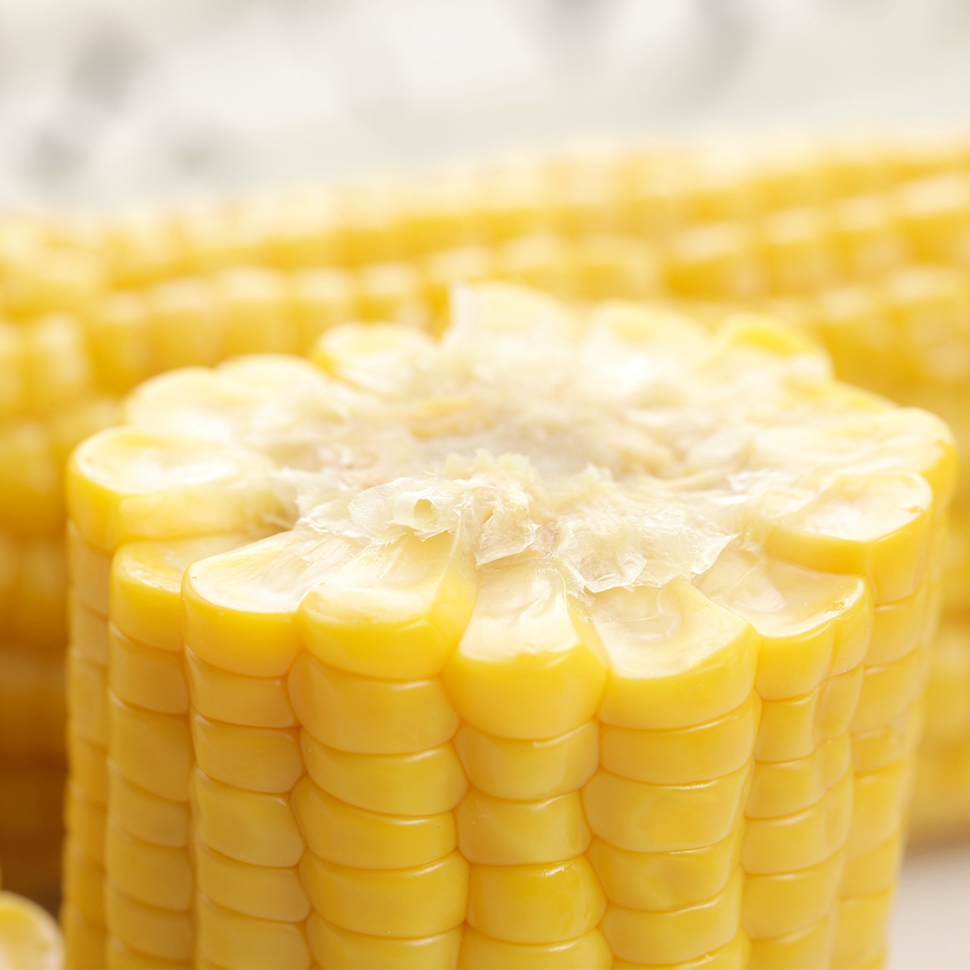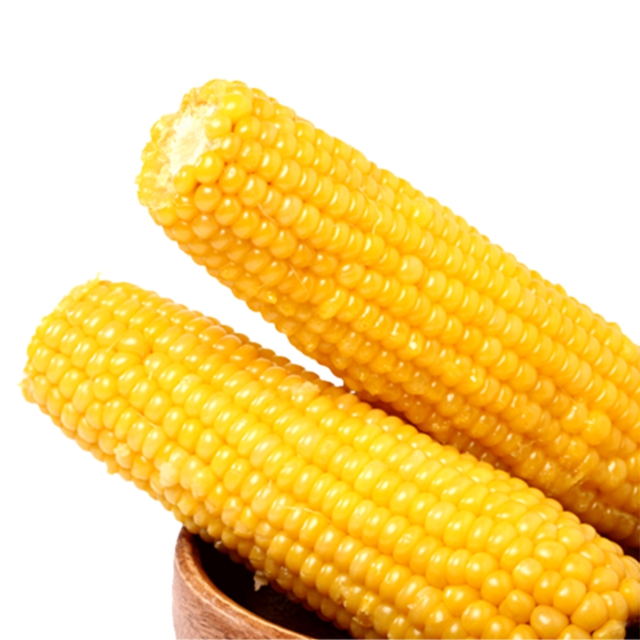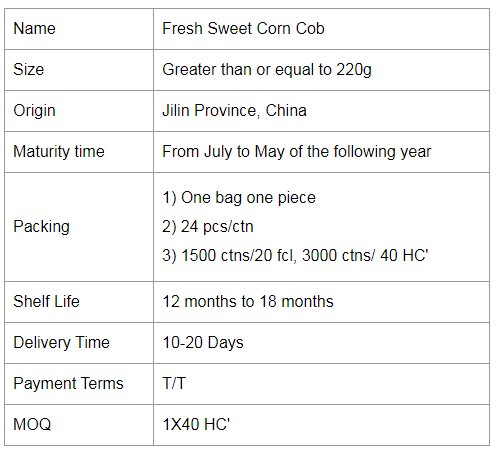How to Match the Feeding Fodder during the Peak Period of Egg Laying in Spring
Reduce energy feed. The temperature in spring rises gradually. If you continue to feed high-energy feed during wintering, the weight of laying hens will increase, which will affect the egg production rate. The scientific approach is to reduce the proportion of grain feeds such as corn in the diet.
Increase protein levels. Hens consume more protein during the egg production period, and their consumption is related to the chicken's egg production rate. Therefore, the protein raw material in the feed should be increased according to the increase of chicken egg production rate. The method is to properly add high-quality fishmeal, bean cakes, etc. in the diet and try to minimize the amount of miscellaneous fish when the cost permits.
Vitamin supplements. Especially for vitamin D, when there is a long-term lack of diet, the egg production of laying hens will decrease, the shells will become soft and thin, and the absorption of calcium will be seriously affected. When the number of eggs produced by the chicken increases, the vitamin consumption also increases. Therefore, some green feeds can be properly fed and the amount of multidimensional ingredients in the feed can be increased.
Increase mineral content. The calcium requirement of the hen when it is laid is increased. For example, calcium deficiency in the feed will affect the quality of the eggshell, thereby increasing the damage of the egg. Severe chickens will cause soft shell eggs and shellless eggs. Deficiency of phosphorus, like calcium deficiency, can also cause discomfort in laying hens, such as puppies, anal fistulas, and quail eggs. Therefore, once the layer chickens are found to have dyspepsia, loss of appetite, weight loss, etc., the cause should be identified and the content of mineral supplements in the diet should be increased accordingly.
Single Vacuum Packed Sweet Corn
Corn (Maize) is cultivated throughout China. It is also widely grown in tropical and temperate regions of the world and is an important cereal. With yields of up to 700-900 kg per mu, maize is one of the more productive grains.
Corn is rich in nutrients, with protein, body fat, tapioca starch, vitamin B1, vitamin B2, vitamin B6, vitamin A, vitamin E, carotene, methyl cellulose and calcium, phosphorus and iron. Corn is a good source of vitamin C, which can help boost the immune system and help fight cancer. Compounds found in corn have been shown to reduce the risk of cardiovascular disease. According to research, fresh corn contains 4-5 times more body fat than rice and flour, and contains unsaturated fat, of which 50% are fatty acids, which inhibit the digestion and absorption of cholesterol. It is an excellent medicine for long-term use to reduce blood cholesterol and soften blood vessels, making it an ideal vegetable oil for patients with hypertension, coronary heart disease, obesity and the elderly.
Corn is also a cereal and low-fat food. Researchers have found that a low-fat diet has no significant effect on the risk of several diseases. In past follow-ups, a low-fat diet was found to provide significant and sustainable health benefits.



If you have any questions, you can contact us immediately by leaving a message on the website or by sending an email.
Cream Sweet Corn Cob,Whole Sweet Corn Cob,Cream Sweet Corn,Fried Sweet Corn Cob
Jilin Province Argricultural Sister-in-law Food Co., Ltd. , https://www.nscorn.com